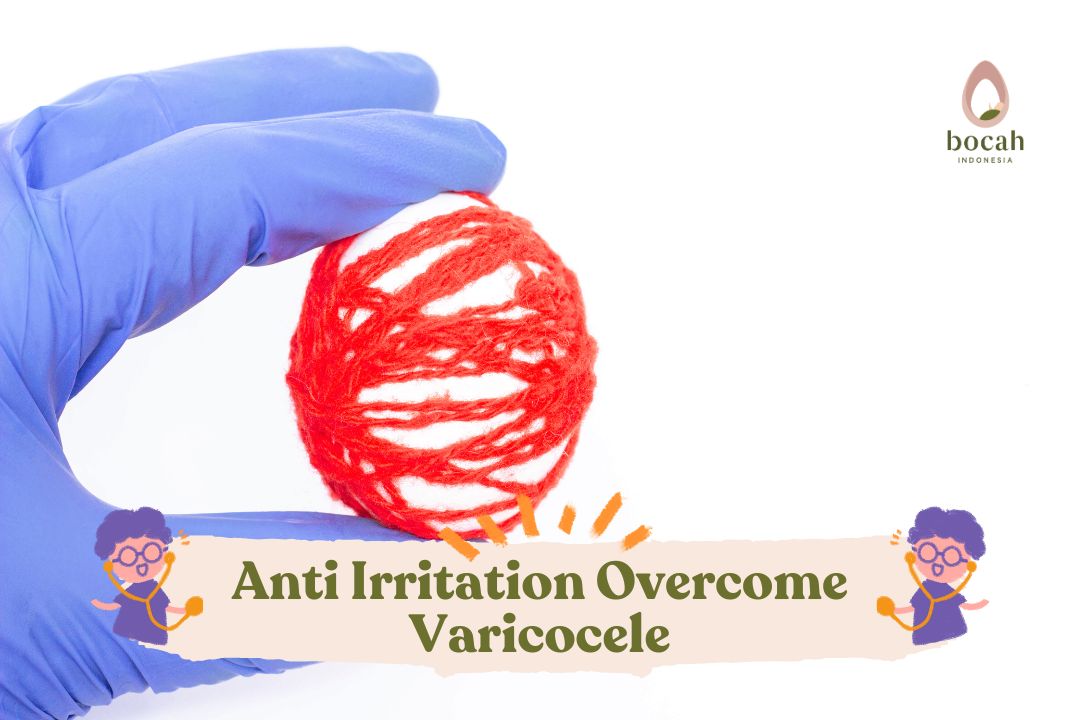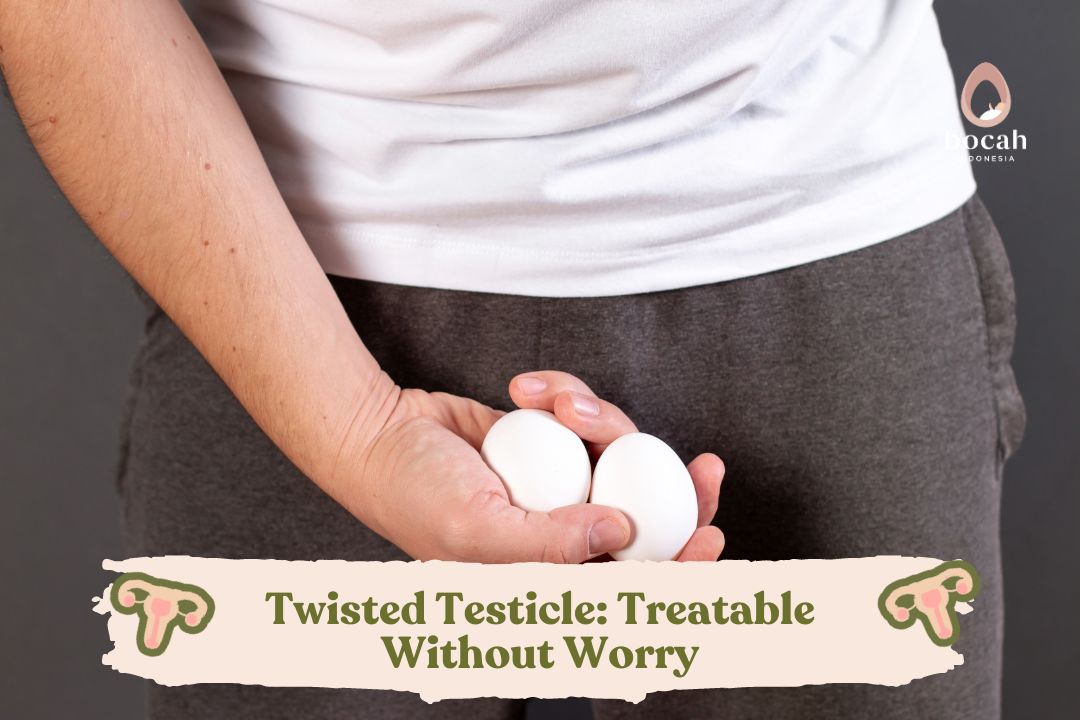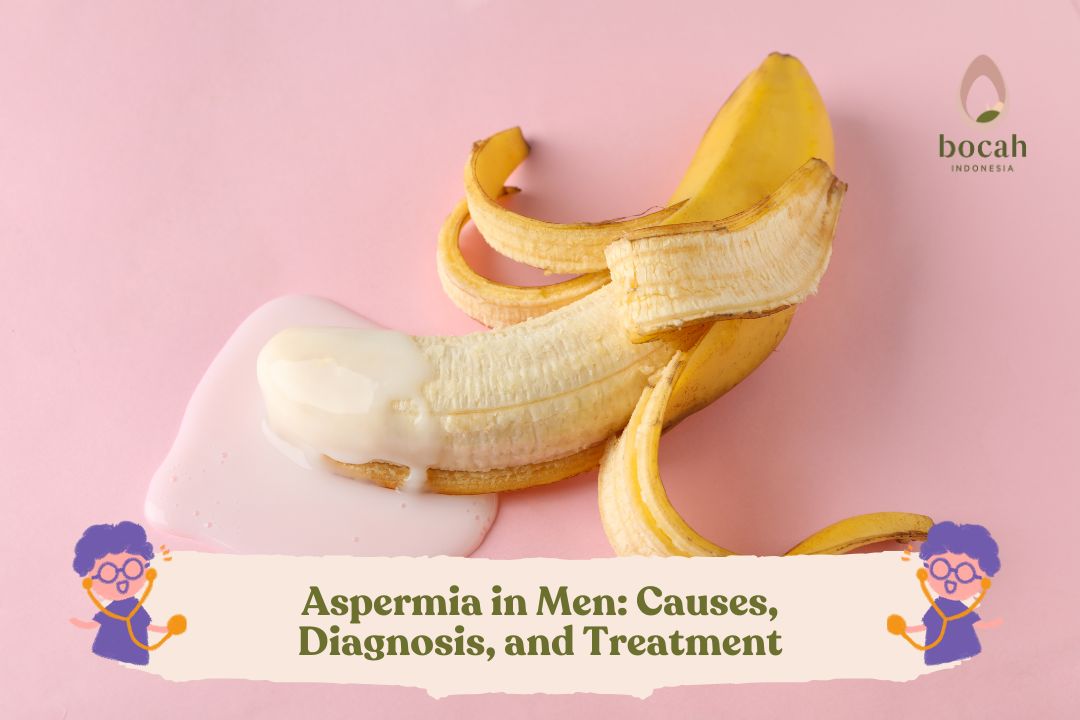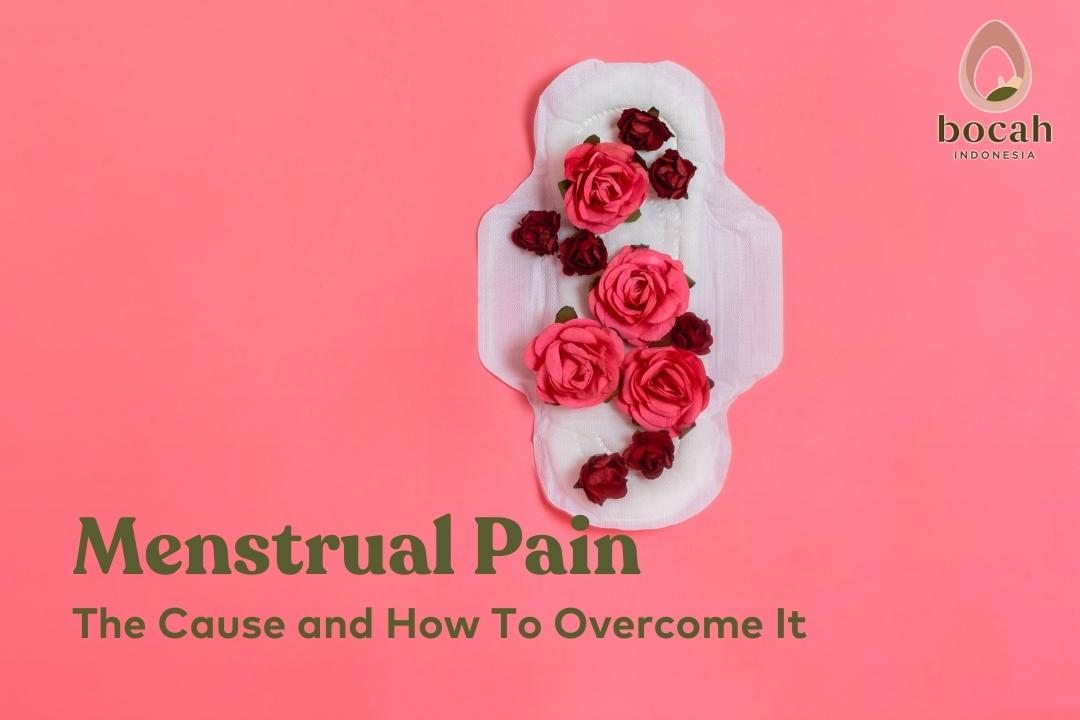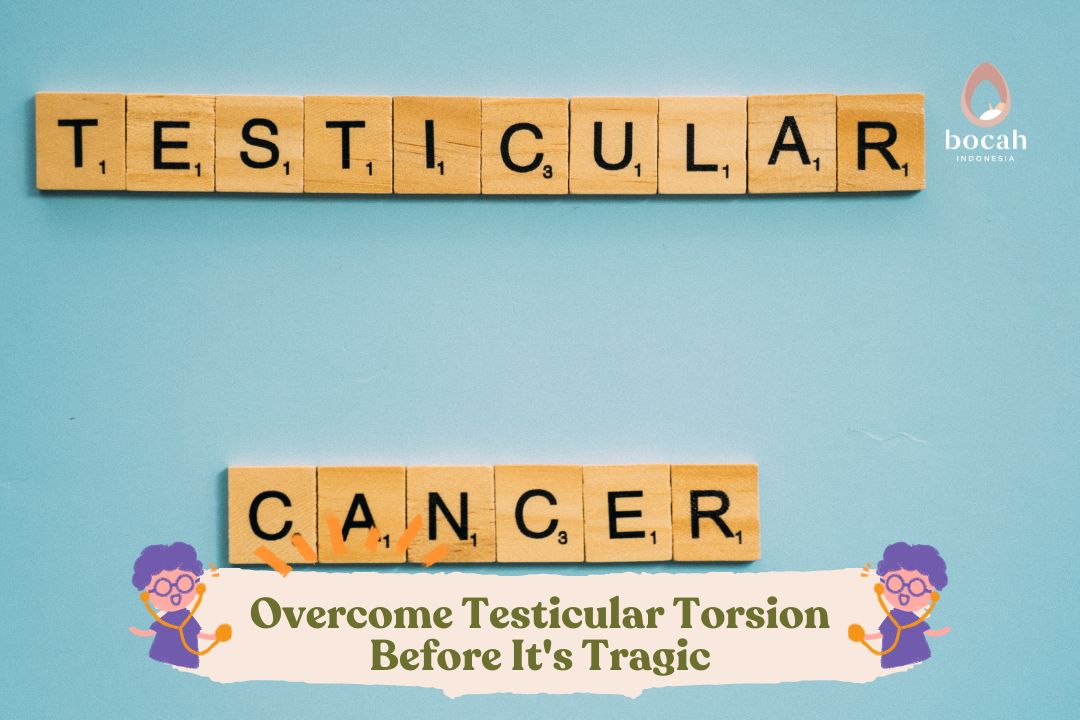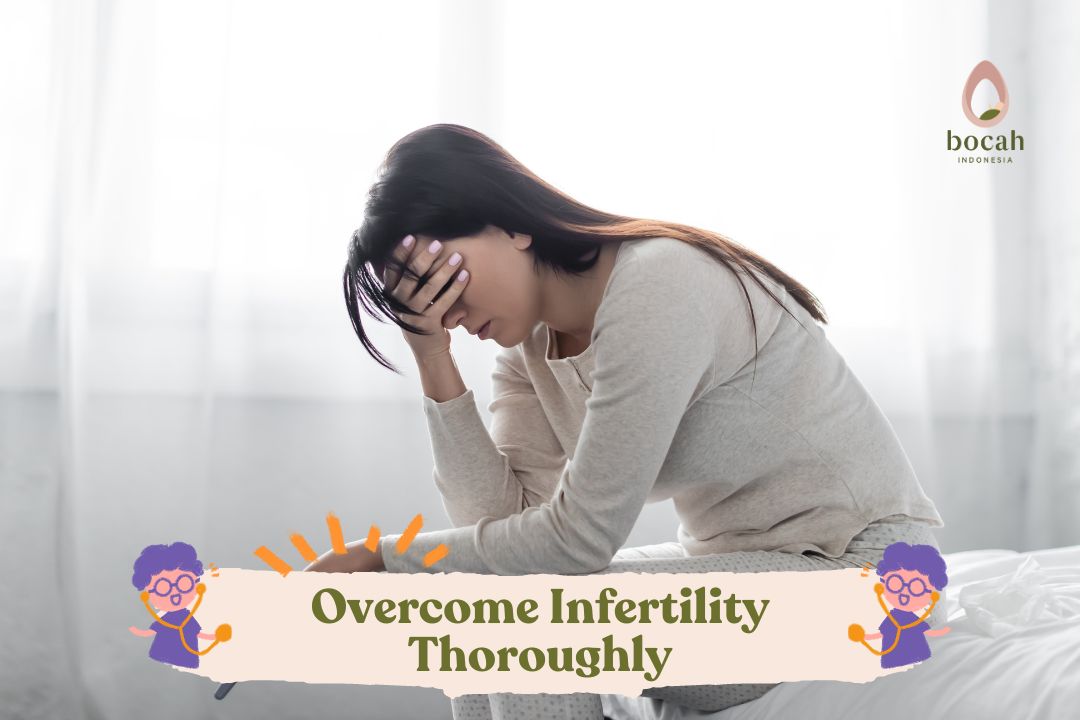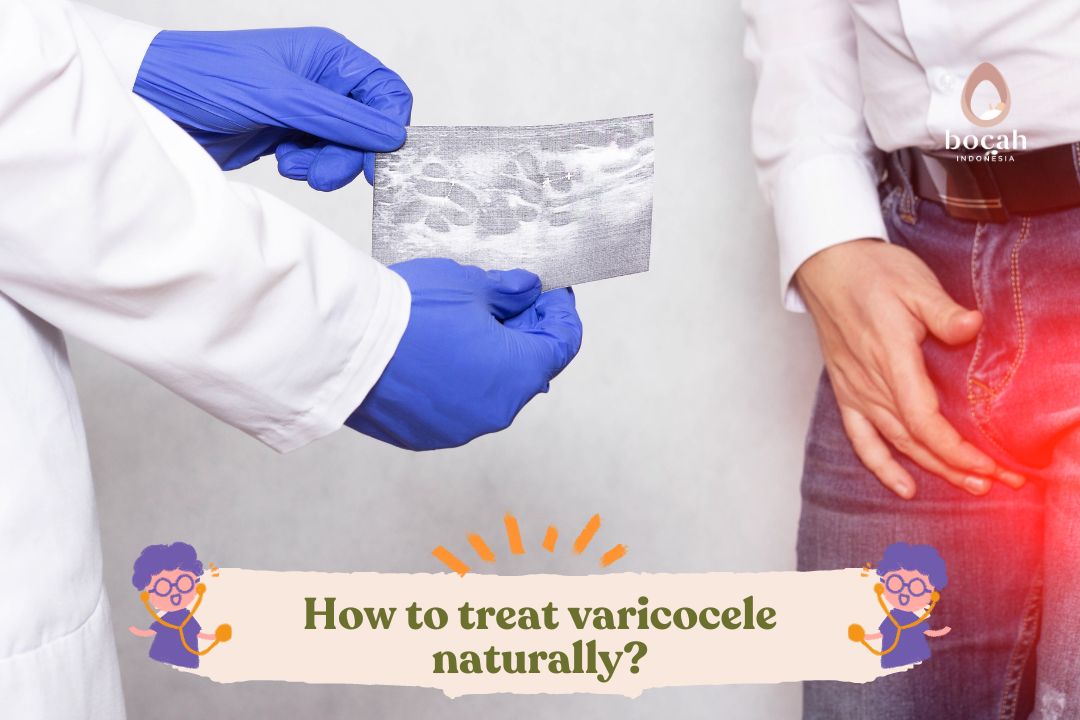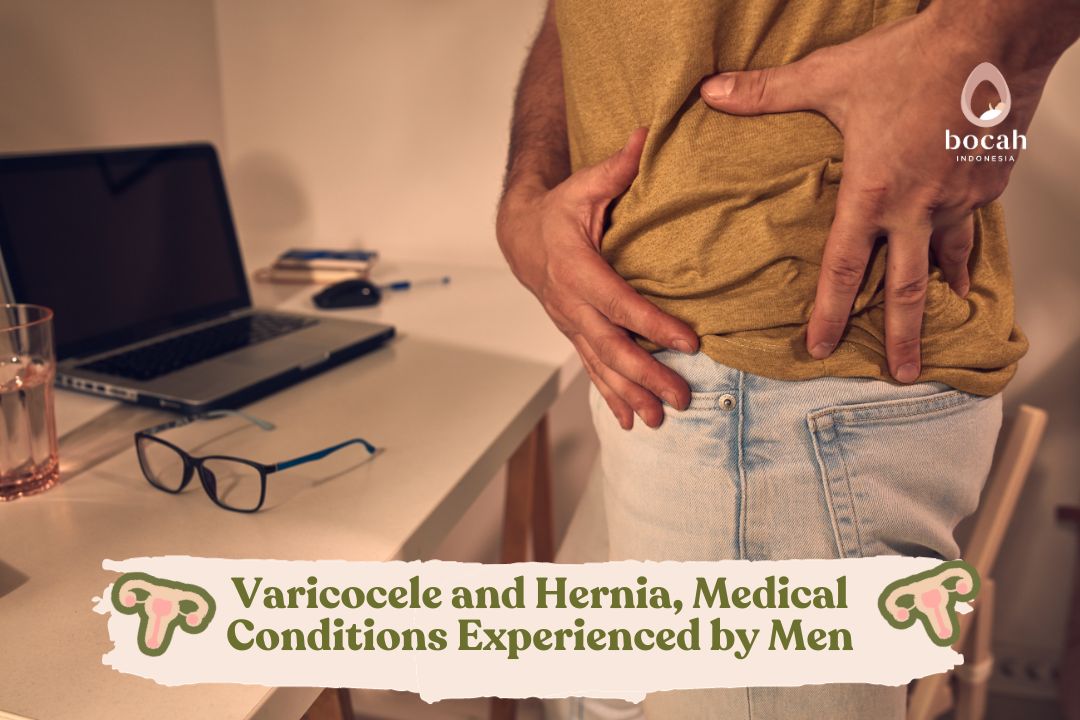Overcome Varicocele Treatment Without Hindrance
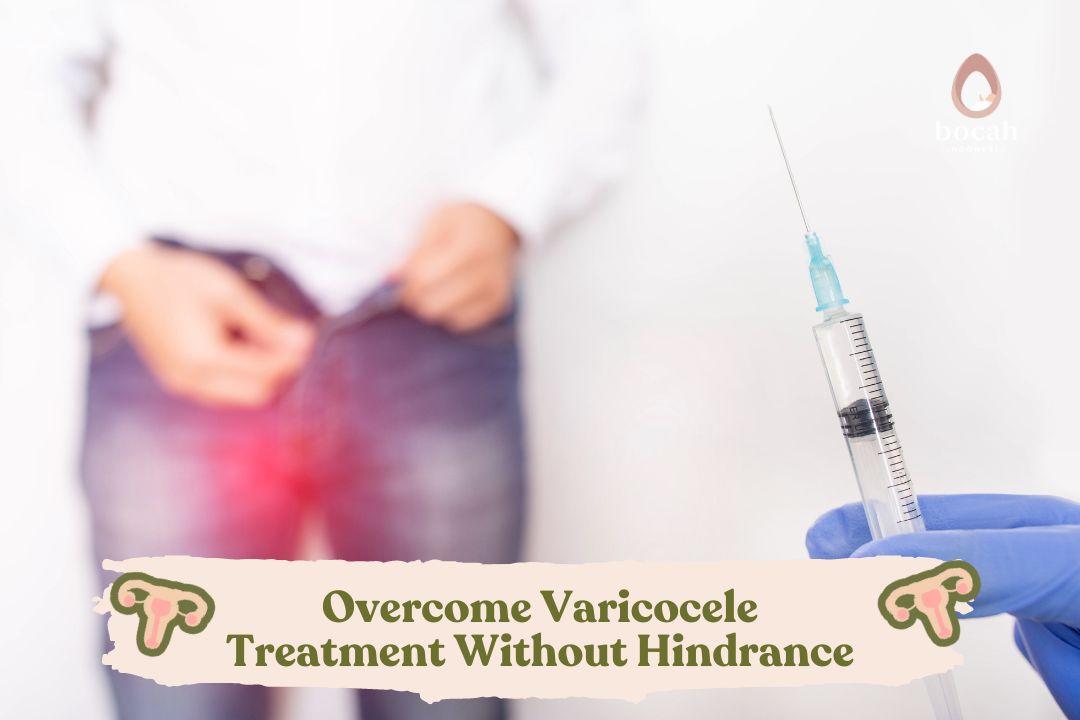
For fathers seeking varicocele treatment solutions, find explanations of symptoms and varicocele treatments here.
Varicocele is a common disorder that enlarges blood vessels in the scrotum. The scrotum is the pouch of skin behind the penis that typically contains the testicles. Varicocele is similar to varicose veins. Varicose veins cause blood vessels in the legs to swell and lose their shape.
Although varicoceles usually do not cause pain, in some cases, they can cause discomfort in the testicles that may come and go. In some people, varicocele can cause fertility problems. If varicocele does not cause discomfort, fathers may not need treatment.
Causes of Varicocele Disease
Varicocele usually appears during puberty and develops over time in some adults. Although the exact causes of varicocele are still not fully understood, some factors may play a role, including:
Valve Failure
Possible failure of valve function within blood vessels that should control blood flow correctly. These valves are important to keep blood moving in the right direction.
Tanya Mincah tentang Promil?
Anatomical Differences
Varicocele may be associated with differences in the venous blood vessel pathways on the father’s left and right testicles. The venous blood vessel pathway on the left testicle has different characteristics, increasing the potential for blood flow problems on the left side.
Although varicoceles do not always cause symptoms or serious problems, it is not uncommon for fathers who experience them to feel worried, especially if there is discomfort or complications.
Symptoms of Varicocele Disease
Although varicoceles often do not cause significant symptoms, they can cause some discomfort or pain. Here are the details of the symptoms that may occur:
Pain or Discomfort
Dull pain or discomfort is a common symptom of varicocele. This pain tends to increase when standing or towards the end of the day. The lying position often can alleviate this pain.
Swelling in the Scrotum
If varicocele reaches a significant size, swelling can occur in the scrotum. A mass resembling a “bag of worms” may be visible above the testicles. Although smaller varicoceles may not be visually apparent, they can be felt upon touch.
Difference in Testicle Size
Varicocele can cause a difference in size between the affected testicle and the healthy testicle. The affected testicle may appear smaller or have less than optimal development.
Infertility
Varicocele can be associated with testicular development problems and low sperm production. This can be a contributing factor to difficulties in achieving pregnancy. Although not all varicoceles cause infertility, this condition can affect fertility in some men.
It is important to remember that not everyone with varicocele will experience symptoms or complications. Nevertheless, if symptoms occur or there are concerns about fertility, consult a doctor to get the appropriate treatment.
Options for Varicocele Treatment
Varicoceles usually do not require treatment, but if a father experiences fertility issues, a doctor may suggest surgery to repair the varicocele as part of a fertility treatment plan. Here are some treatment options for varicocele:
Surgery or Surgical Treatment
Treatment, such as surgery, may be recommended especially if troublesome symptoms or complications are present. These treatment steps can help address varicocele-related issues and improve the quality of life for the patient.
Doctors usually recommend varicocele treatment with surgery if:
There are problems with testicular development.
Low sperm count or abnormal sperm, typically tested in adults.
The father experiences continuous pain even after taking pain relief medication.
The goal of the surgery is to close the problematic blood vessels so that blood flows to healthy blood vessels. There are two common methods used, namely:
Microscopic Varicocelectomy: The doctor makes small incisions at the base of the groin and ties off several small blood vessels. This procedure typically lasts 2 to 3 hours.
Laparoscopic Varicocelectomy: The doctor uses a video camera and surgical instruments through small incisions in the lower abdomen. This procedure typically lasts 30 to 40 minutes.
The outcomes of this surgery may include:
Problematic testicles may return to normal size.
Quantity and quality of sperm may improve.
Fertility may increase.
Surgical Risks:
Although the risks are small, they may include:
Fluid buildup around the testicle (Hydrocele).
Reappearance of varicocele.
Infection.
Damage to arteries.
Chronic testicular pain.
Blood collection around the testicle (Hematoma).
Pain after surgery is usually not severe, but it may persist for several days or weeks. The doctor may provide pain relief medication for the father for some time after surgery. After that, it may be advised to take over-the-counter pain relievers such as acetaminophen or ibuprofen.
The father may likely return to work around a week after surgery and resume exercise within two weeks. Consult the doctor about when the father can resume daily activities or when he can engage in intercourse after surgery.
Non-Surgical Alternatives (Embolization)
In this procedure, the doctor blocks blood vessels by creating a small barrier. A radiologist inserts a small tube into the blood vessels in the groin or neck. This requires local anesthesia at the insertion site and may be given sedatives.
Using imaging on a monitor, the tube is guided to the treatment site in the groin. The doctor releases coils or a liquid that causes scar tissue to block the blood vessels of the testicles. This procedure takes about an hour.
Recovery time is relatively quick with mild pain. The father may be able to return to work within 1 to 2 days and exercise after about a week. Consult with a specialist radiologist about when the father can return to normal activities.
Lifestyle and Home Remedies
If a father has varicocele causing mild discomfort but not affecting fertility, he may try the following to relieve pain:
Use Over-the-Counter Pain Relievers
Take over-the-counter pain relievers such as acetaminophen (Tylenol, others) or ibuprofen (Advil, Motrin IB, others). Use these medications as directed by a doctor or as directed on the package to help alleviate varicocele pain or discomfort.
Use Supportive Athletic Cups or Proper Underwear
Supporting the scrotum by using supportive athletic cups or properly fitting underwear can help relieve pressure and provide additional support to the affected area.
If varicocele does not cause fertility problems and symptoms are only mild, the above steps can help reduce discomfort. However, if symptoms worsen or affect fertility, it is best for the father to consult a doctor for further evaluation and appropriate management.
For fathers and mothers undergoing fertility programs or seeking information about fertility, read more information only at Bocah Indonesia.
This article has been medically reviewed by Dr. Chitra Fatimah.
Source:
- Paick, S., & Choi, W. (2019). Varicocele and Testicular Pain: A Review. The World Journal of Men’s Health, 37(1), pp. 4–11. https://www.ncbi.nlm.nih.gov/pmc/articles/PMC6305863/
- Chung, J., & Lee, S. (2018). Current Issues in Adolescent Varicocele: Pediatric Urological Perspectives. The World Journal of Men’s Health, 36(2), pp. 123–31. https://www.ncbi.nlm.nih.gov/pmc/articles/PMC5924953/
- American Urological Association (2020). Urology A–Z. Varicocele.
- Johns Hopkins Medicine (2020). Conditions and Diseases. Varicocele.
- Cleveland Clinic (2020). Disease & Conditions. Varicocele.
- Mayo Clinic (2020). Diseases & Conditions. Varicocele.
- When Should You Consult an Obstetrician-Gynecologist? - 04/07/2025
- 4 Herbal Medicine to Improve Male Fertility - 01/07/2025
- 7 Signs of PCOS Every Woman Should Know - 30/06/2025


